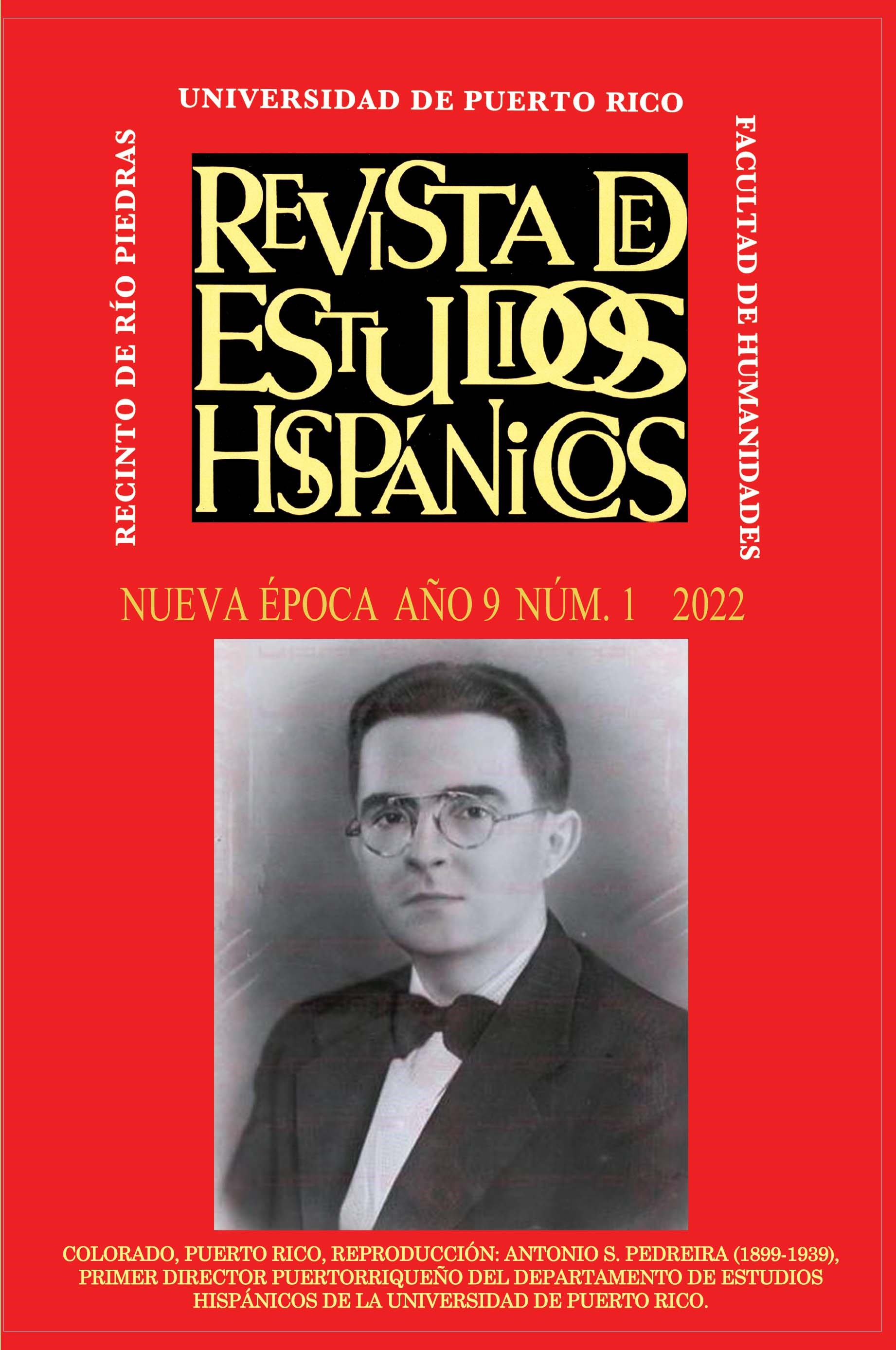Resumen
In this article, I analyze the novel Cofresí by the Puerto Rican author Alejandro Tapia y Rivera as a vehicle through which the author intervenes, during the second half of the nineteenth century, in the discussions about the status of the island and the alternatives to attain self-rule. Tapia y Rivera through the duplicated portrait of the pirate makes the case, before his peers of the enlightened elite, against independence war, favoring more peaceful alternatives such as the reform of the colonial pact. At the same time, after a careful reading of the novel, it is clear that violence is an inevitable occurrence when a decolonization process is underway.

Esta obra está bajo una licencia internacional Creative Commons Atribución-NoComercial 4.0.

